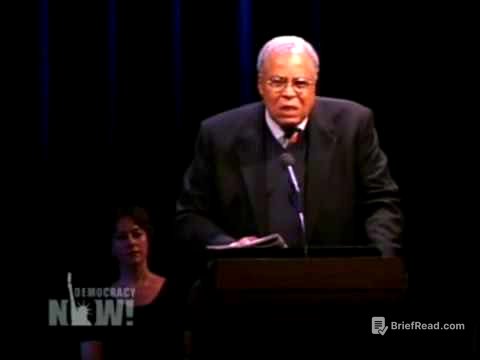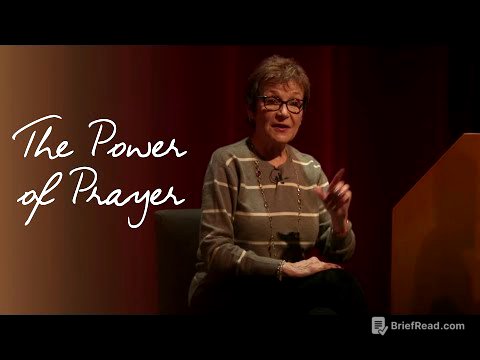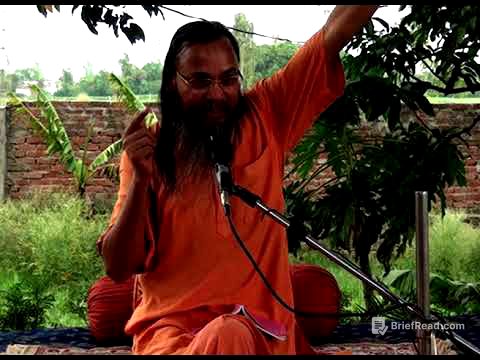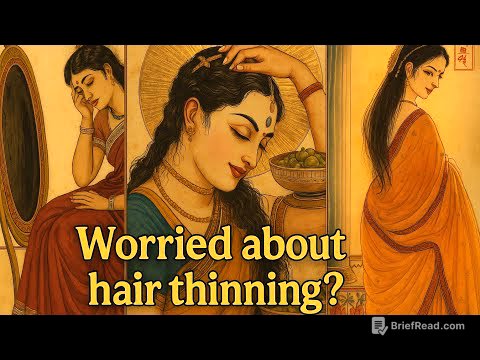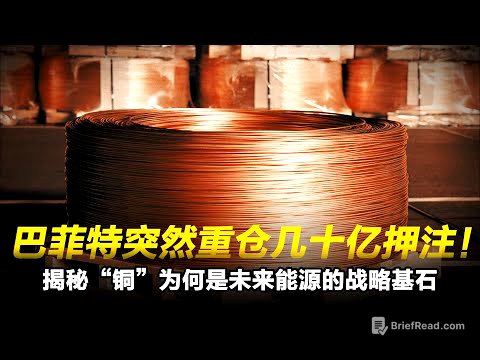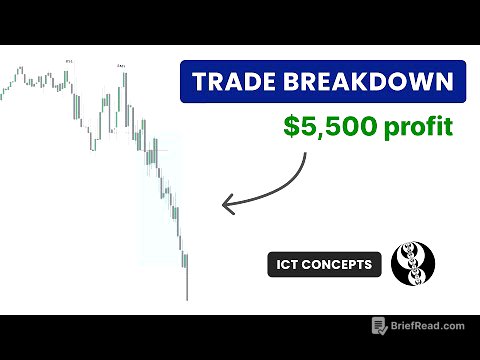TLDR;
Frederick Douglass's 1852 speech critiques the hypocrisy of celebrating Independence Day while slavery persists. He argues that the freedoms and blessings of the nation are not extended to enslaved people, and their celebration is a mockery of justice and equality. Douglass uses powerful rhetoric to expose the injustice and cruelty of slavery, calling for a fiery rebuke and denunciation of the nation's hypocrisy.
- The speech highlights the contradiction between the ideals of freedom and the reality of slavery in the United States.
- Douglass emphasizes the pain and suffering of enslaved people, contrasting it with the joyous celebrations of Independence Day.
- He employs strong language and imagery to convey the urgency and importance of abolishing slavery.
Introduction [0:00]
Frederick Douglass, a former slave turned influential anti-slavery leader, was invited to speak on July 4, 1852. He begins by questioning why he, representing enslaved people, is asked to participate in a celebration of national independence. Douglass challenges the notion that the principles of freedom and justice apply to those who are enslaved.
The Immeasurable Distance [1:04]
Douglass asserts that he and his people are excluded from the "glorious anniversary" of Independence Day. He argues that the blessings of liberty, justice, and prosperity are not shared by enslaved people. The sunlight that brings life to free citizens brings only "stripes and death" to the enslaved, making the Fourth of July a day of mourning rather than rejoicing for them.
Mockery and Sacrilege [1:53]
Douglass condemns the act of inviting a man in "fetters" to celebrate liberty as an "inhuman mockery" and "sacrilegious irony." He questions the motives of those who ask him to speak, suggesting that it is a cruel jest to compel an enslaved person to celebrate the very independence that denies their freedom.
The American Slave's Perspective [2:20]
Douglass declares that the Fourth of July reveals the "gross injustice and cruelty" faced by the American slave more than any other day. He denounces the celebration as a "shame," the proclaimed liberty as "unholy license," and the national greatness as "swelling vanity." He sees the sounds of rejoicing as "empty and heartless."
Denunciation of Hypocrisy [2:55]
Douglass continues his scathing critique, labeling the nation's denunciation of tyrants as "brass fronted impudence" and their shouts of liberty and equality as "hollow mockery." He condemns their religious parades and solemnity as "mere bombast, fraud, deception, impiety, and hypocrisy," a thin veil concealing crimes that would disgrace savages.
A Nation of Shocking Practices [3:31]
Douglass asserts that the United States is guilty of practices more shocking and bloody than any other nation on Earth. He argues that at such a time, "scorching irony" is needed more than convincing argument.
Call to Action [3:52]
Douglass expresses his desire to awaken the nation's conscience and expose its hypocrisy. He calls for a "fiery stream of biting ridicule, blasting reproach, withering sarcasm, and stern rebuke." He emphasizes that the nation needs "fire," "thunder," "the storm," "the whirlwind," and "the earthquake" to be moved to action. The feeling, conscience, and propriety of the nation must be quickened, aroused, and startled to confront the crimes against God and man.
